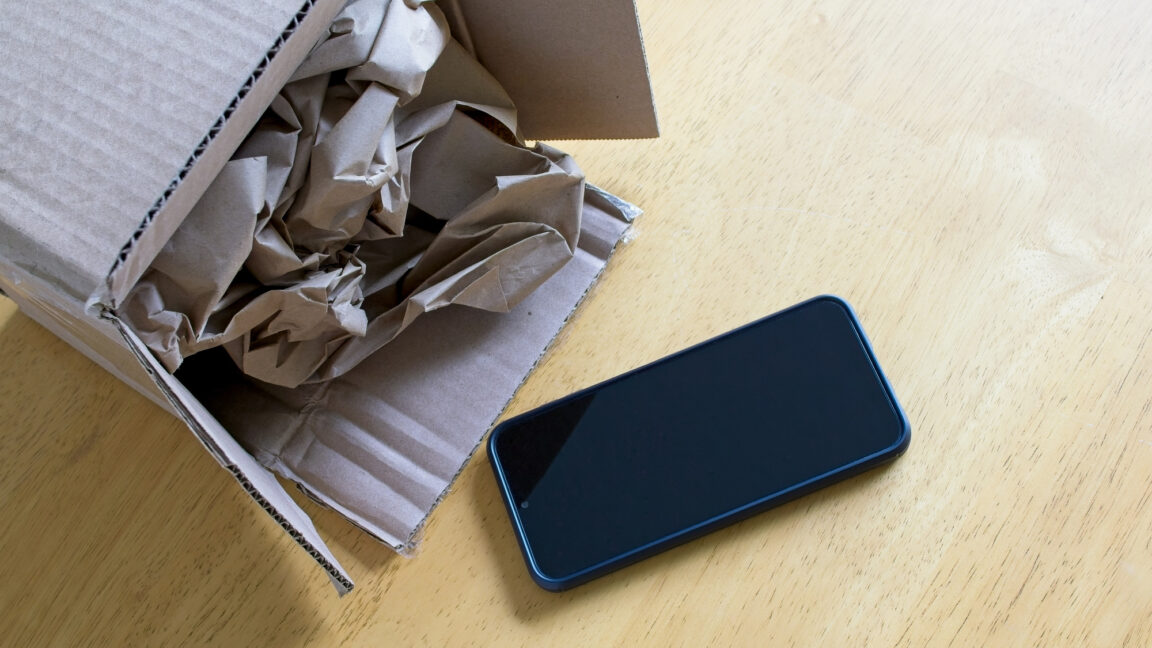Bussiness
Take these steps if your home or business could be damaged by NJ wildfires

3-minute read
As a wildfire fueled by drought near the New Jersey-New York border left an 18-year-old volunteer firefighter dead and burned through thousands of acres, forecasters are warning of an increased risk of spread throughout the week.
The blaze, formally titled the Jennings Creek wildfire, is believed to have started in New York and spread into Passaic County. Other fires have cropped up across North Jersey.
Between a Pompton Lakes wildfire and the Jennings Creek fire, a total of 65 structures were threatened, according to the state forest fire service.
New Jersey insurance industry executives say that many homeowners, condo-owners, renters and businesses should check their current insurance policies, and take steps to lesson the potential financial impact from fire damage.
Story continues below photo gallery
Coverage for homes, condos, apartments and cars
Most standard insurance policies provide coverage for wildfires, says the Insurance Information Institute.
Your home, garage, fencing, pool house and tool shed are covered by a standard homeowners policy, which will typically pay to “rebuild or repair your home, remediate smoke damage.” Trees and shrubs are covered as well.
“Condo or co-op policyholders should check with their by-laws or underlying lease to determine their personal insurance responsibilities versus those of the association,” the institute says.
BankRate said that the interior of a condo will be covered by condo insurance, will the exterior would be covered by a homeowners association’s master policy.
For renters, a renter’s policy covers damage to personal belongings damaged during a wildfire or stolen during subsequent looting.
Insurance will also cover the costs of a place to live, such as a hotel, if your residence has been rendered uninhabitable by a wildfire.
With auto coverage, an “optional, comprehensive portion of an auto insurance policy insures your car against fire damage,” the institute said.
What about business coverage?
A typical business owner’s policy will cover damage from a fire, including damage to “the building, office space, and equipment and inventory.” An additional business interruption insurance policy covers lost profits from the fire.
What to do before a fire or other damage
The New Jersey Department of Banking and Insurance recommends that you make an inventory list of all your possessions and record their value.
“Make special note of property that is valuable,” the agency said. A video camera is particularly useful in documenting your property.
Keep those records in a secure location, such as a safety deposit box at a bank, the agency recommends.
What to do in the event of wildfire damage
The Department of Banking and Insurance recommends that you immediately contact your insurance company if your proerty has been destroyed or damaged by a wildfire.
“If your property has been damaged, it is important to make any necessary temporary repairs to protect the property from further loss or damage,” which will be covered by your insurance policy, the agency stated.
Make a written list of damaged property, including possessions “damaged beyond repair.” The list should include “information to support the actual cash value, as well as purchase date, purchase price, and any receipts.”
“Do not discard any damaged property until after the insurance company has had a chance to inspect it,” the agency states.
What are your rights as an insurance policyholder?
The nonprofit United Policyholders — a rights group for insurance holders — states that an insurance company has to acknowledge that they have received your claim within 10 days of receipt, and provide the address and telephone number of the claims office or representative handling your claim.
In addition, the insurance company has to answer your questions and reply to any phone calls, emails and letters within 10 days of receiving them. The insurance company has to begin any claim investigation within 10 days of them receiving it, the nonprofit stated.
“If the insurance company does not pay you at the time the investigation is complete (within 30 days of receipt of a properly completed proof of loss) they must tell you why and whether they need anything from you and where to send it within 45 days,” United Policyholders added.
You can file a complaint with NJDOBI if any of your rights have been violated.
Plus, you’re entitled to sue the insurance company if it “delays or denies your claim, has no valid reason for doing so, and shows a reckless disregard,” United Policyholders said.
Daniel Munoz covers business, consumer affairs, labor and the economy for NorthJersey.com and The Record.
Email: munozd@northjersey.com; Twitter:@danielmunoz100 and Facebook










